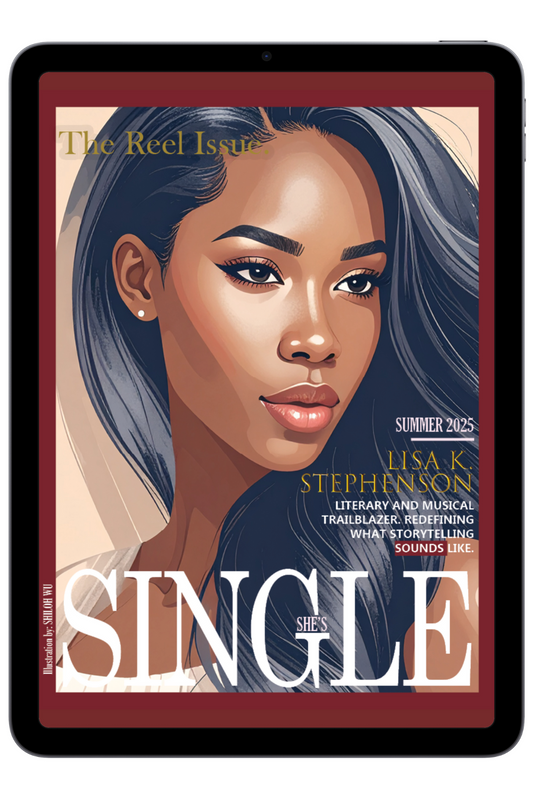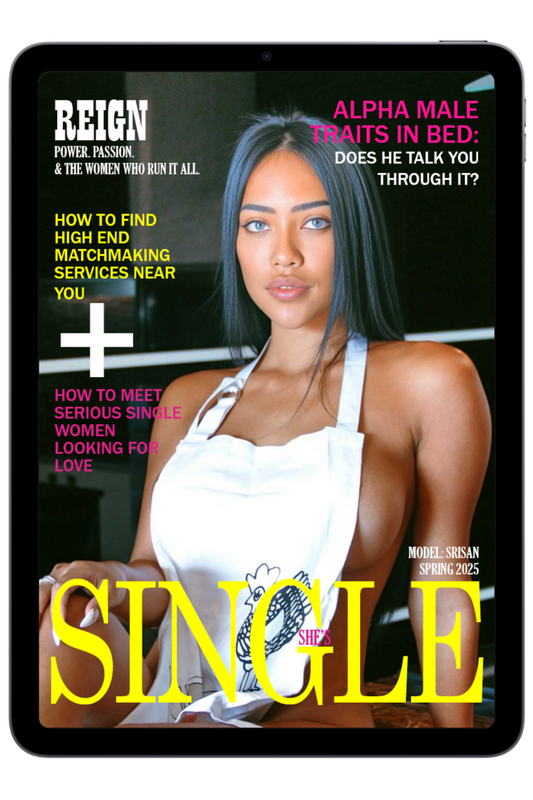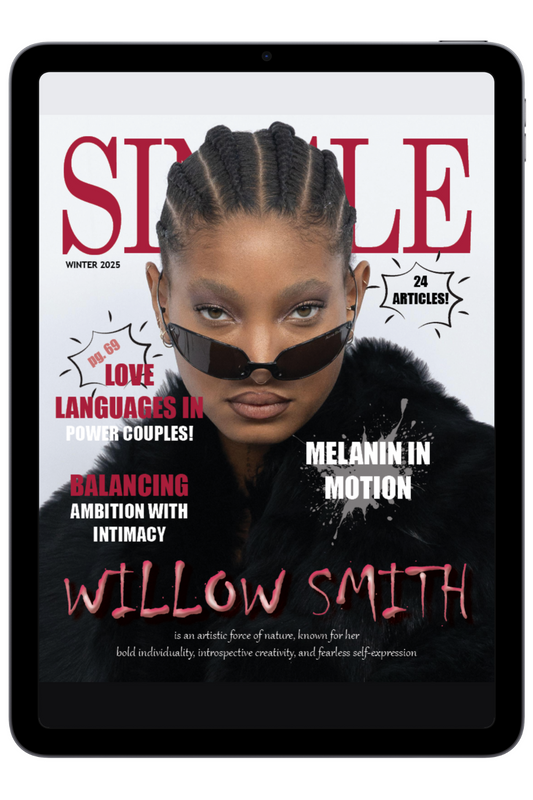Why Is It Important to Dress for Success at a Job Interview?

Although the pandemic has passed, there is no denying its impact—from changes in corporate culture to fashion and healthcare—our way of living has been modified. Whilst all of this is underway, there is an insufferable TikTok niche dedicated to comparing Gen-Zs to millennials—the clothes we wear to parties/clubs to our workplace attire. Both millennials and Gen-X (the silent generation) still pride themselves on showing up to their office job in a button-down top, blazers, slacks, and loafers or dress shoes for men.
But this has taken a slight shift for the new generation, with Gen-Zs opting for a more laid-back or casual look, even on job interviews. Understandably, the pandemic served as a revelation for many, with much of the new adult generation newly graduated and now entering the workforce in search of direction and having high hopes for their future. But little did they know that their attire would play a huge role in this achievement and the advancement of their careers as a whole.
Some Human Resource managers have discussed the fact that their potential new hires are showing up to interviews wearing sweatpants, LUEQ’s basics, Skims, or boots if they show up at all. But what is it about boots and can that get a pass? According to Yonni Harif from JobMentors, “If boots make you feel comfortable, confident, and classy (the CCC test)—then they are appropriate. After all, the job interview itself is not about your boots; it’s about the feeling they give you as you walk into an interview.”

Which we can agree with to some extent because comfortability plays a significant role in our delivery and posture. But on the contrary, Tracy Cauley, HR at VEM Medical, offers a different take, “Boots may not be suitable for a job interview because they might give the impression that the candidate is not dressed appropriately for a professional setting. It’s important to wear attire that aligns with the expectations of the company and the industry.” So, we have two takes here, one that encourages dressing for comfortability and another that encourages dressing for the job itself; which path leads to success?
Job interviews can feel intimidating as you never know who you are going to encounter, what kind of questions you are going to be asked, and whether or not this job is going to aid you in reaching your future goals. All in all, it can be hard to go into a room full of strangers and sell yourself. As we transition from one generation to the next, we see that the new corporate leaders are Generation X who heavily model those before them, Generation Jones or Boomers.
Generation X, unlike Millennials, are not as lenient or understanding when it comes to corporate decorum. The one thing we can take away is that no matter what, you should be comfortable and confident. Of course, your education and experience take precedence when you enter a room and begin to answer questions from your future superiors, but how do you get there? At a young age, it’s difficult for us to know what style suits us best or what garments look more flattering on us and enhance our body shape for the better.
Give yourself grace and allow yourself this time for self-discovery because, as you’ve read above, there is no right or wrong answer for how you can present yourself at a job interview because this is subjective to the person interviewing you. They may prefer no boots, while another mentor or hiring professional may say it’s perfectly acceptable. The goal is to find yourself and what makes you happy while not straying too far from what is considered to be socially acceptable.
It’s natural to feel confused and so, here is something to ask yourself: WWVW (Translation: What Would Victoria Wear? As in Victoria Beckham). This look below is perfect for a job interview and can immediately be your go-to for less!
BLAZER OR CARDIGAN
H&M, Fitted Blazer, (MSRP $39.99), The LUEQ, Long Loose Split Coat Cardigan, (MSRP $199.00)
BLOUSE
Banana Republic, The Perfect Utility Shirt, (MSRP $90.00)
SOLID-COLOR DRESS PANT
H&M, High Waist Dress Pants, (MSRP $25.99)
CALF-HIGH BOOTS WITH HEEL (NO OPEN-TOE) OR FLATS
Banana Republic, Leather Pointed Toe Flat, (MSRP $113.99)
CLUTCH (ALWAYS A MUST – IT SCREAMS DAINTY)
Indus Threads, Moor Fabric Purse, (MSRP $72)

There you have it; you can never go wrong. Now that the outfit is out of the way, you can focus your attention on more pressing matters—your job credentials and pay. Some questions during the interview process can be futile, such as, “Why do you want to work for us?” or “What made you apply for this position?” I always believe these questions to say more about the company interviewing me because the answers are very straightforward. “I want to work here because I need to make a living and I applied because this position aligns with my professional goals. You asked me to this interview because you believe the same to be true based on the resume you have in front of you….”
Lol but, we aren’t going to say that! Instead, Cauley recommends, “It’s important to express genuine interest in the company and its values. Candidates should highlight how their skills and experiences align with the company’s mission and goals,” this is of course the preferred route because it shows that you’ve taken an interest in the company as a whole and have done your due diligence before applying versus mass applying to jobs using tools such as Indeed or ZipRecruiter.
Lastly, to tailor yourself for success you should not shy away from asking questions of your own at the end of the interview. If the job description did not disclose the salary for the position, you should take this time to ask. Many people are afraid to ask these questions, believing it to be rude or uncouth but the reality is work is a trading system—you are trading something for something: your time in exchange for money.
A numerical value has been placed on your time and you have a right to know what it is before committing to it whether you’re required to be in the office or working from home. “It’s understandable that some individuals may expect additional compensation for factors like commuting expenses or the desire for a better work-life balance. Therefore, employers and candidates need to have open and transparent discussions about salary expectations to ensure mutual understanding and agreement.”
We hope this helps, our take on why it is important to dress for success at a job interview and how to maneuver at one to meet your expectations.
by Samara Morris & Riley Cook









